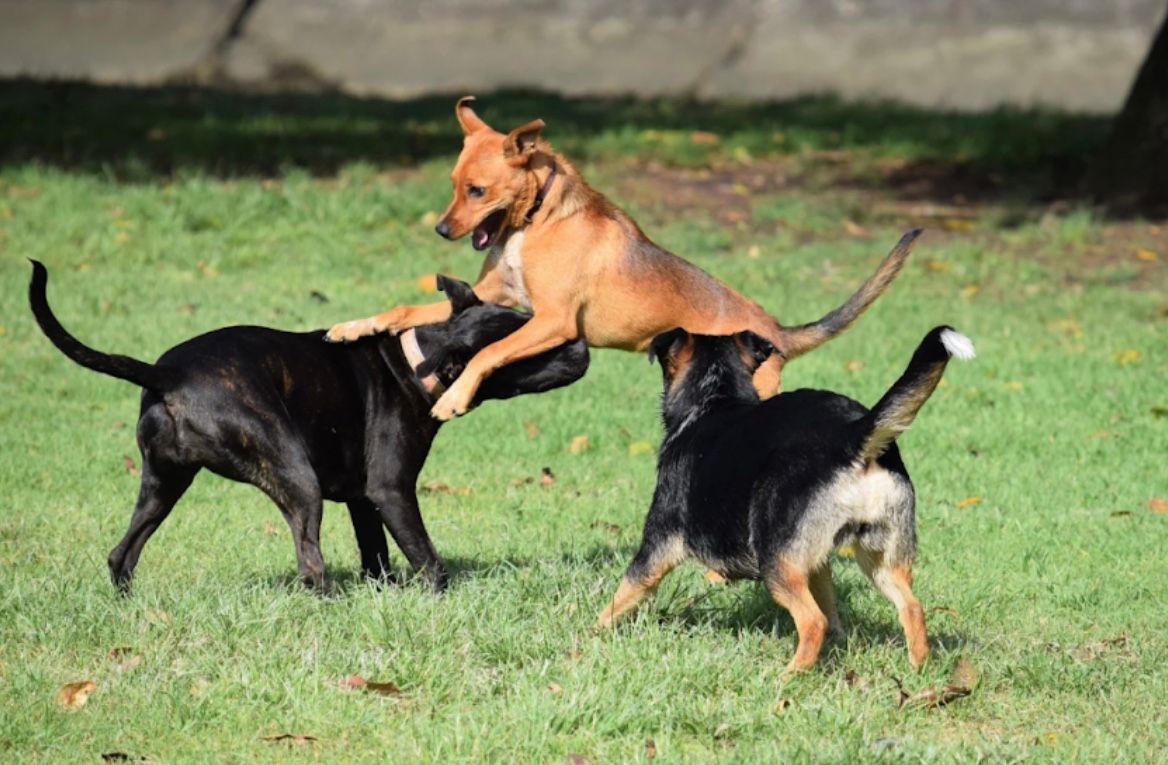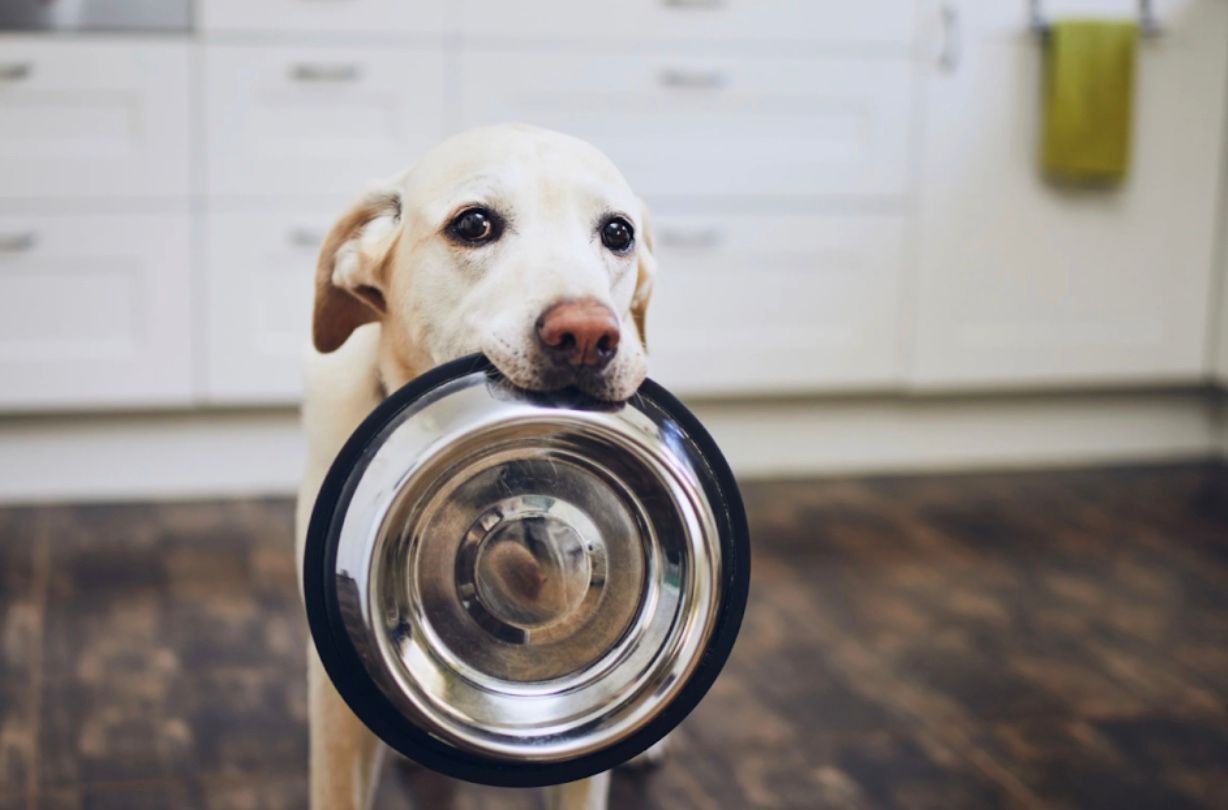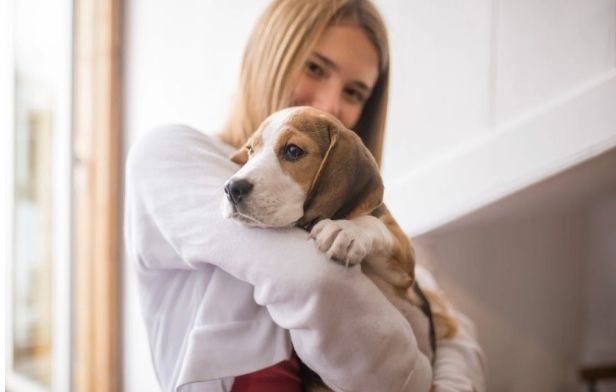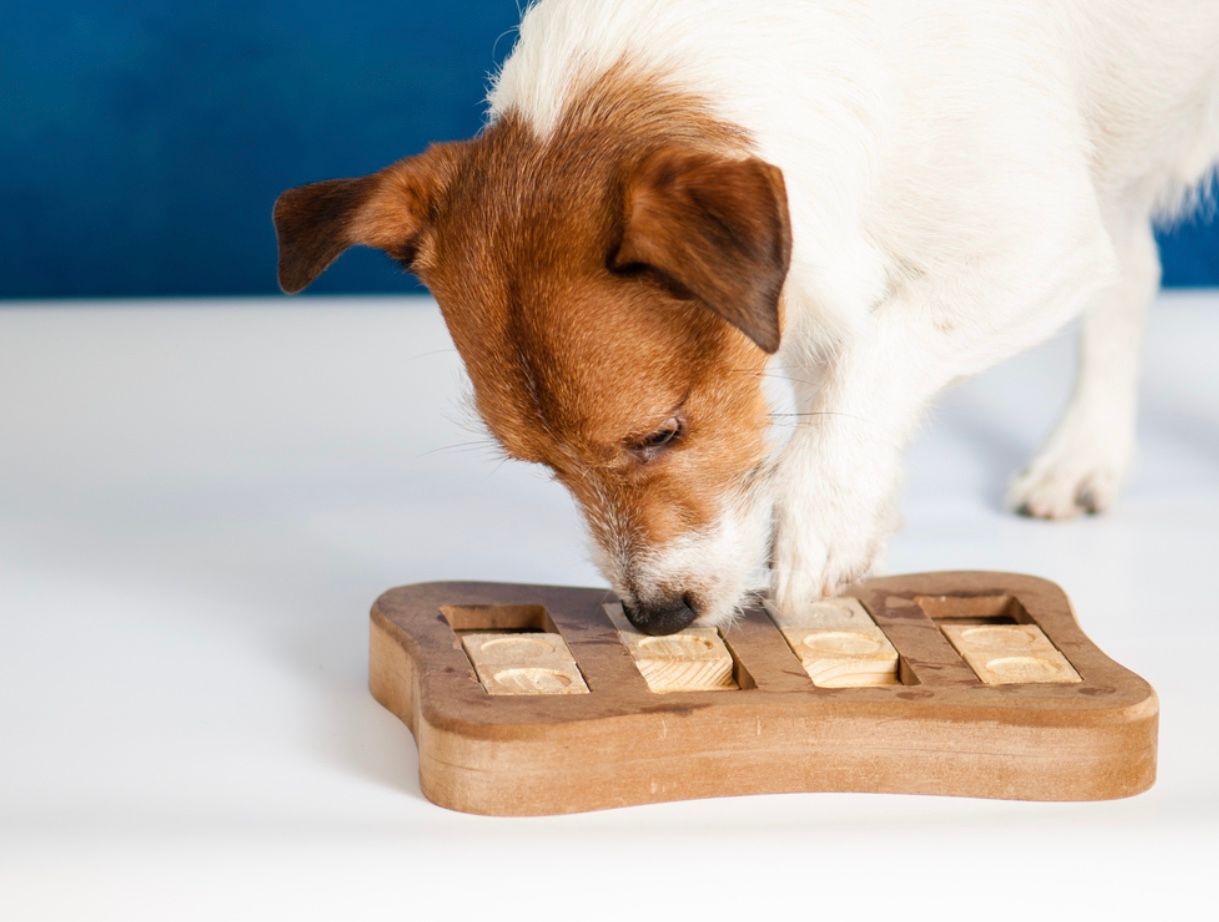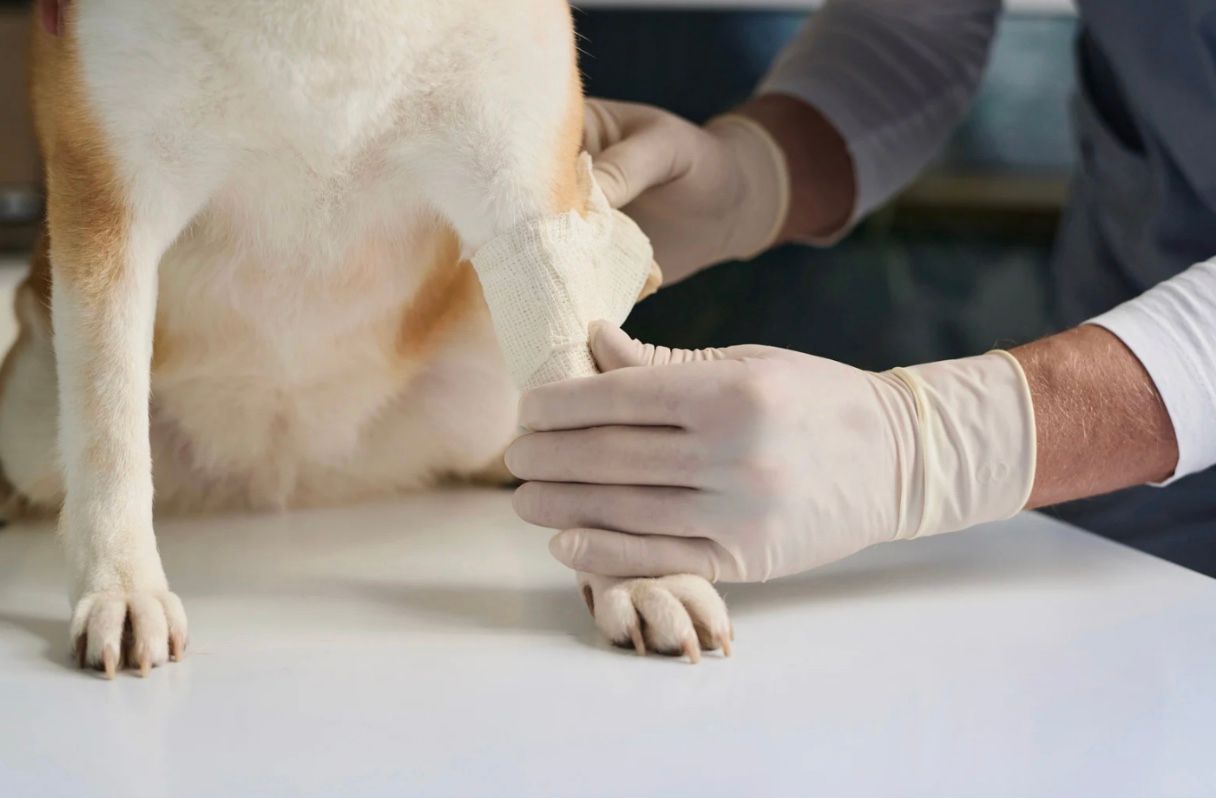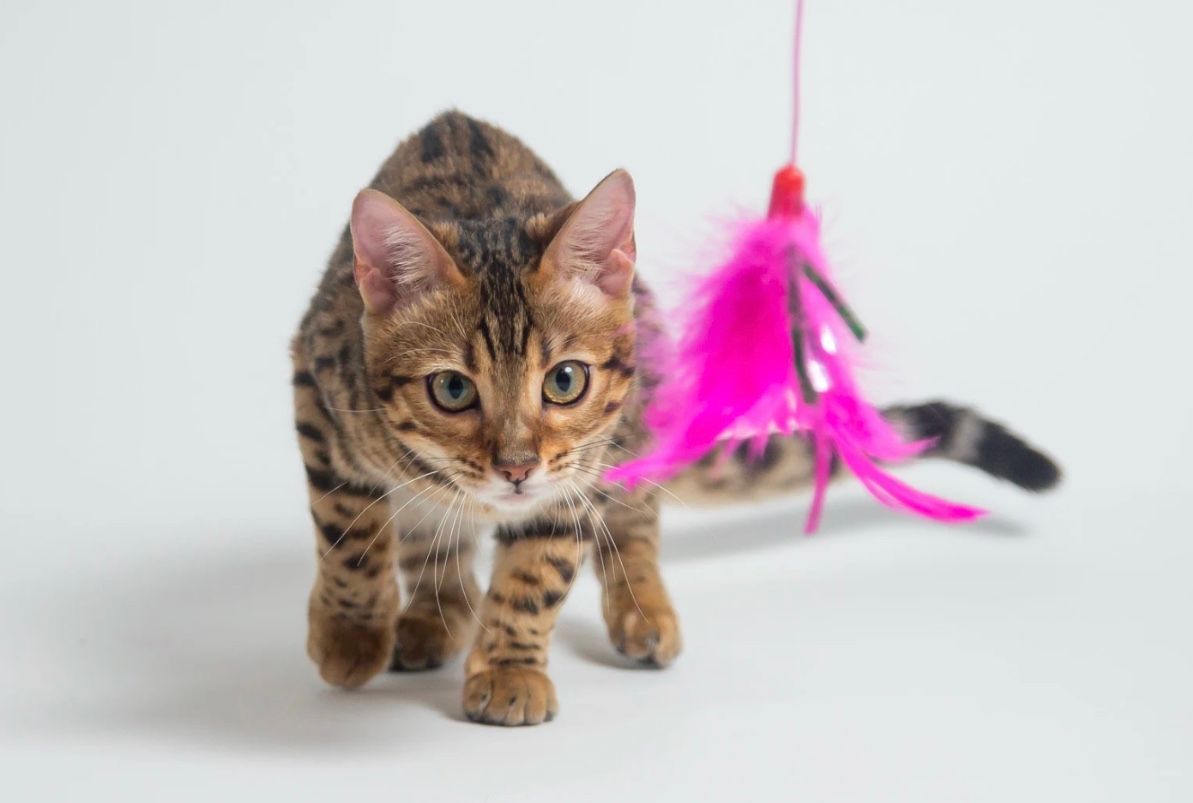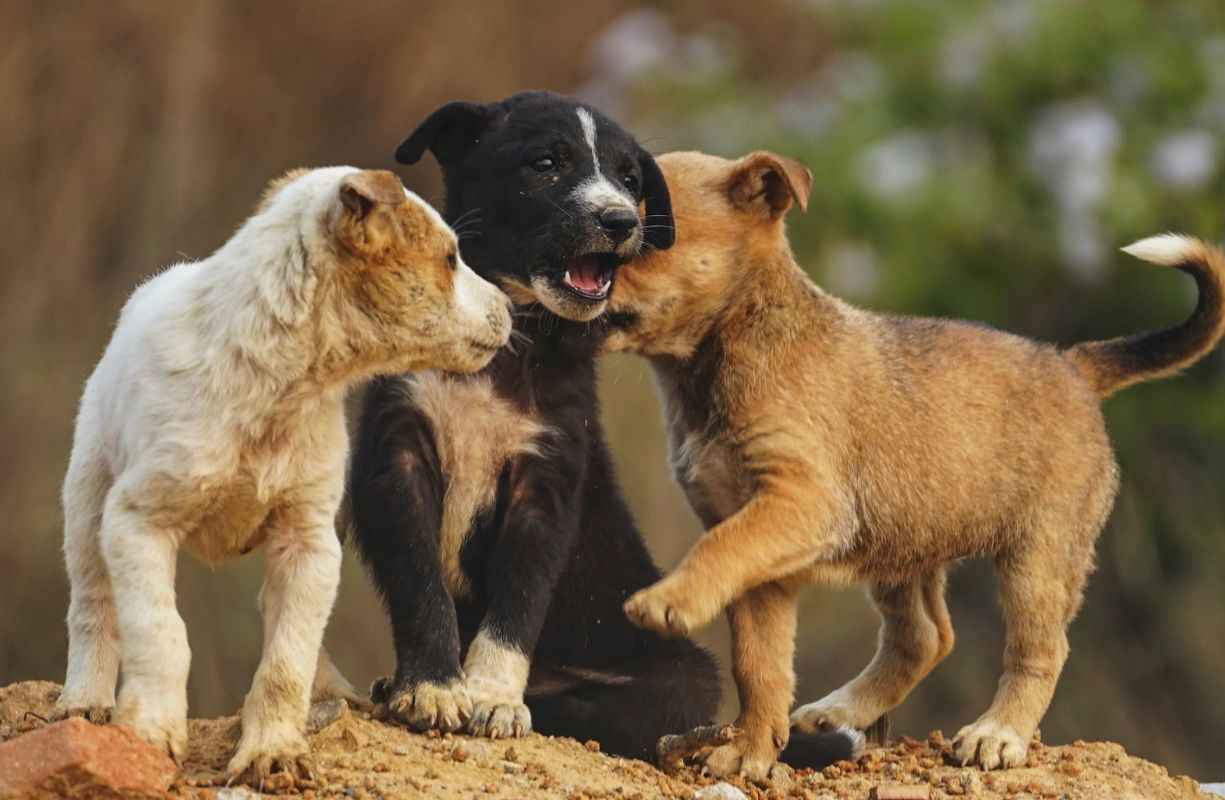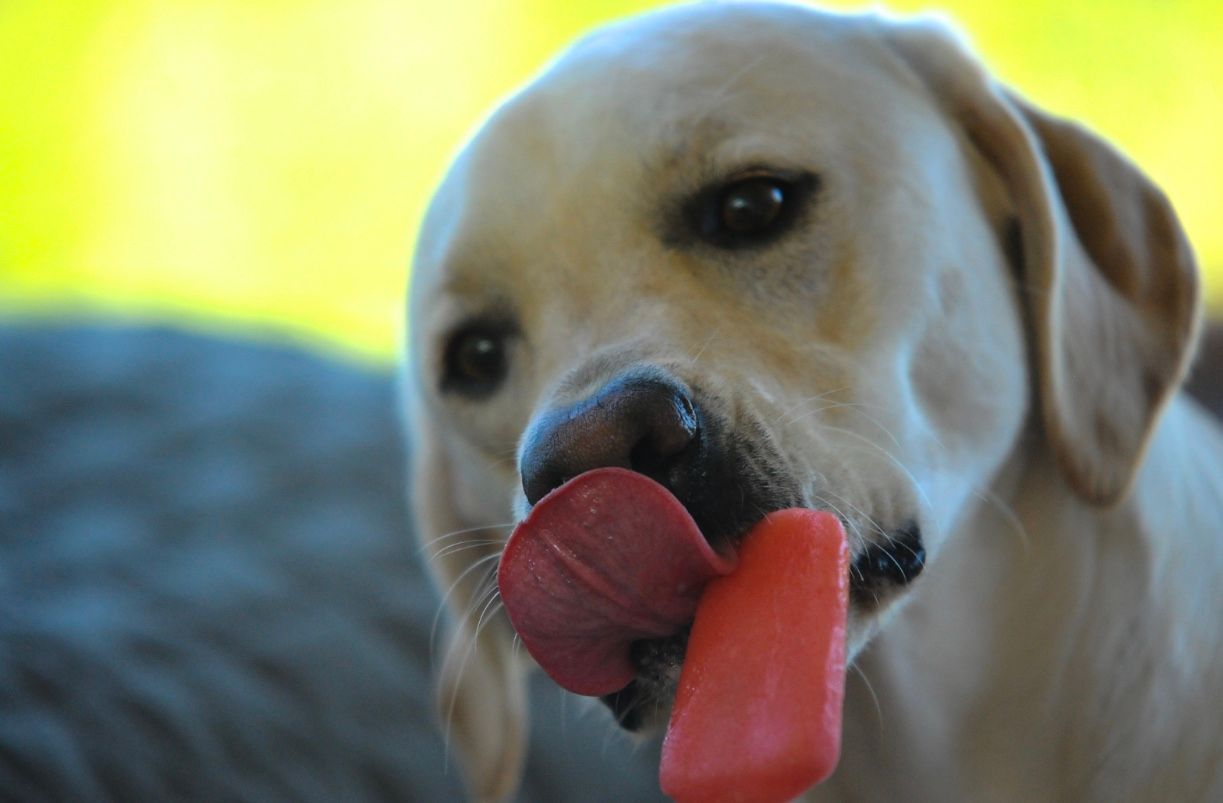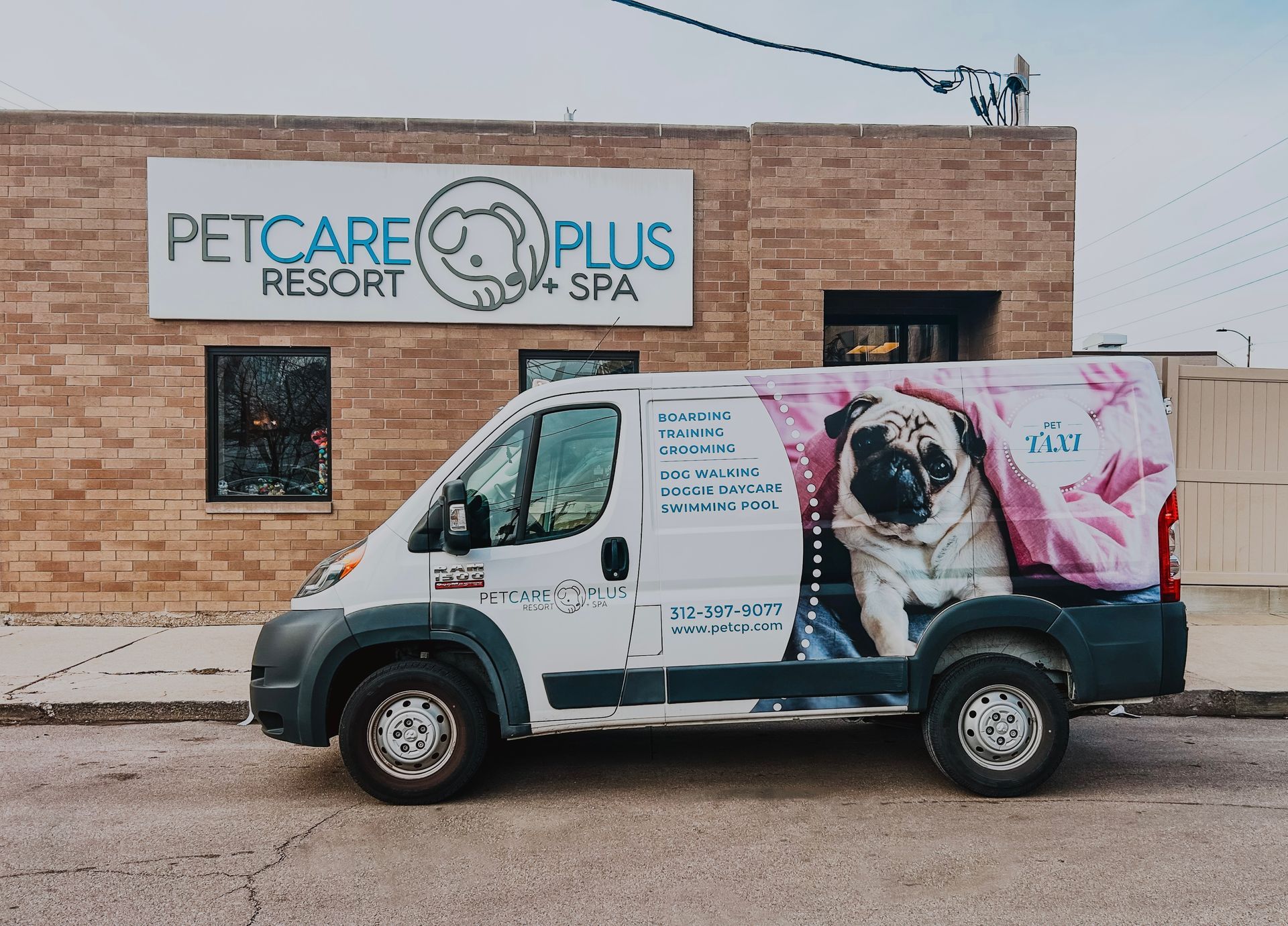How To Avoid Your Pup Getting Giardia
With all of the snow melting, it’s Giardia Season! But what does that mean? Most pet parents have heard of Giardia at one point, but many don’t realize how common it is.
Let’s start with the basics. Giardia is a single celled parasite that can live in the intestines of mammals, birds, and amphibians. Giardia has a two-part life cycle. The mature parasites live in the small intestine and multiply to become what we refer to as ‘cysts’, which are then shed into the feces of the host animal. The cysts can live for several days to several weeks in the feces, until they’re ingested by another animal and can start their life cycle again – gross right?
Once in the intestines, giardia disturbs your dog’s ability to absorb water and nutrients, which can lead to diarrhea and dehydration. Symptoms of giardia include diarrhea, weight loss, vomiting, dehydration, failure to gain weight, and lethargy. As with most illnesses, the dogs who are at greatest risk are puppies or senior dogs. If you notice these symptoms in your dog it is best to call your vet, who will either have you observe your pet for 24 hours or schedule you to come in for a check up. Any time your dog is exhibiting any of the above symptoms, it’s a good idea to collect a fecal sample to bring with you to the vet. If your dog tests positive for giardia, your vet will likely prescribe medicine. While your dog is being treated for giardia he should not attend daycare or training, or go to the dog parks so that he does not continue to spread the parasite. At the end of your dog’s treatment, your vet should perform another fecal exam in order to confirm that the medication did the trick and that your dog is parasite free.
Giardia needs to be ingested in order to be transferred and restart it’s life cycle. The most common ways for your dog to ingest giardia are from drinking dirty water, eating plants or grass, or eating feces. Once the parasite reaches your dog’s intestines it begins the cycle all over again. Spring is considered “giardia season” because melting snow and rain create an ideal transport for giardia. Dog parks and empty lots where people allow their dogs to play can be a literal breeding ground for giardia if they’re not cleaned and maintained.
So what does all of this mean for you and your pup? Well, for one it means that you should monitor what your pup puts in his mouth! Obviously you never want to let your dog eat feces, but you should also not allow him to drink from puddles or stagnant water. If your dog park does not have running water, you may want to invest in a travel bowl and water bottle for your dog. Instead of playing fetch with a stick, bring her favorite toy to the park for your games. If your dog is showing symptoms of illness, keep her home so that she does not spread anything to her friends. Finally, as dog owners, the most important thing that we can do to prevent the spread of disease is to clean up after our pets!
